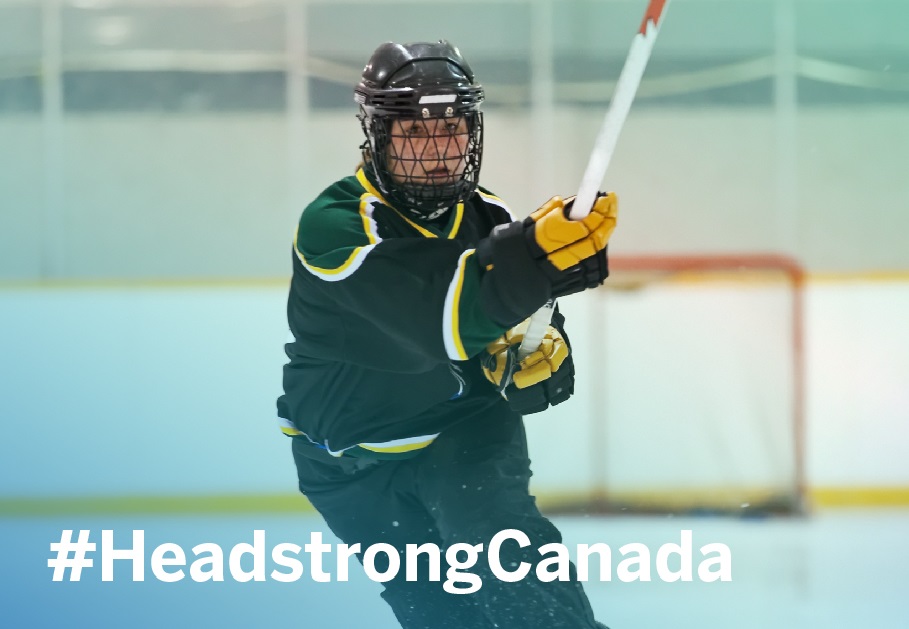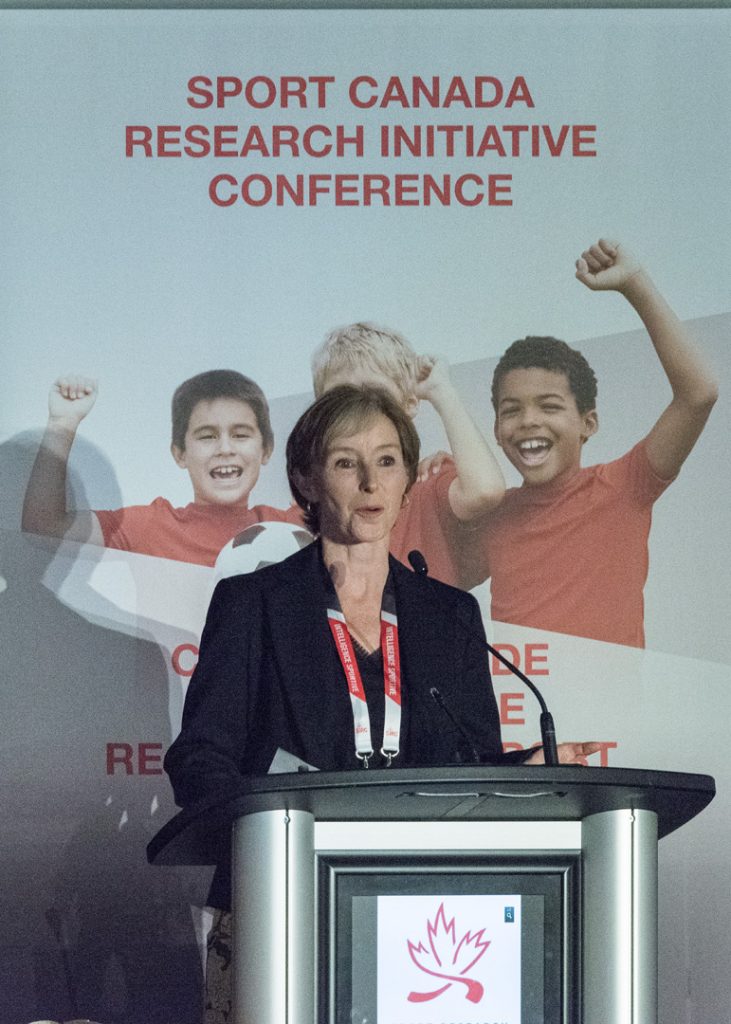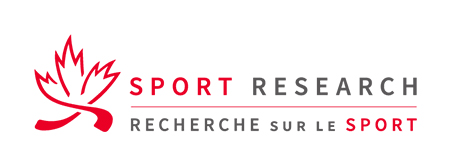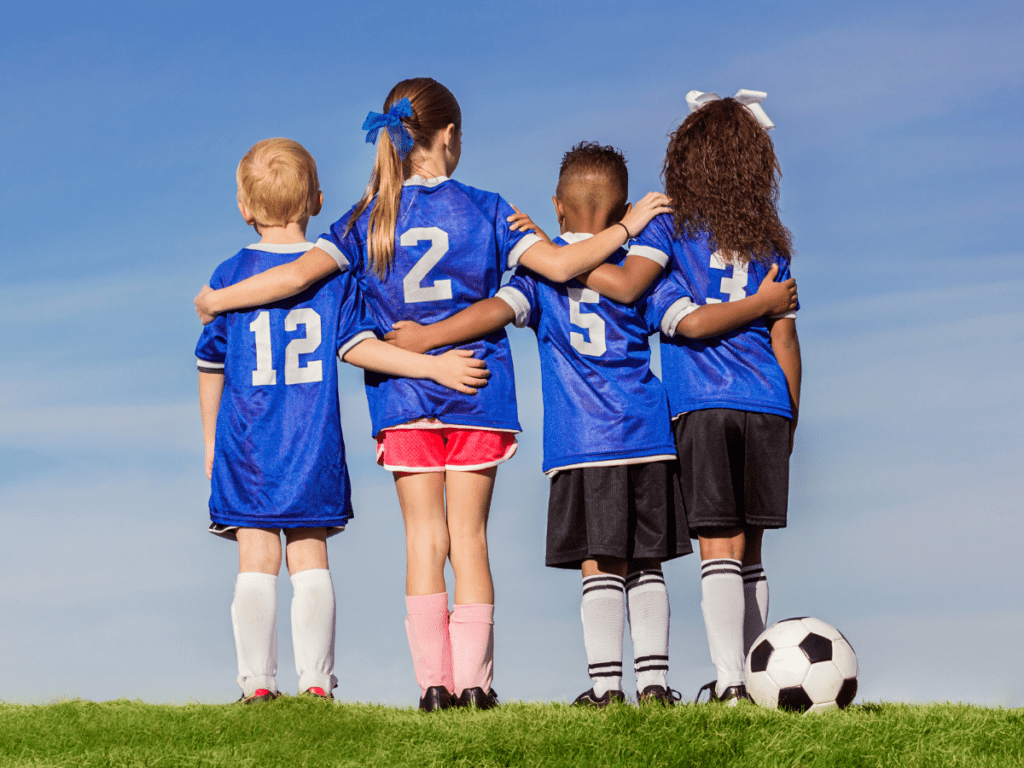Gender Equity Research Hub
In 2018, the Government of Canada set a target to achieve gender equity at every level of sport by 2035. Today and tomorrow, SIRC is excited to lead discussion with sport researchers, government representatives and members of the Canadian sport sector to inform the development of a Canadian Gender Equity in Sport Research Hub to…
Concussion Risks in Your Sport May be Greater Than You Think
For the athletes in this sport, the concussion risks are real even if brain injuries are rare. It may sound a bit counter-intuitive, but for Canoe Kayak Canada (CKC), concussion education has become a key part of its safety program for a simple, but critically important reason. “Just because we don’t see many concussions in…
How the Sport of Ringette is Putting a Values Lens on the Concussion Issue

Every sport organization faces tough decisions around where to channel its limited budget and human resources. “It’s no different in ringette, but we’ve found that by putting our values first, it can actually make decisions easier,” according to Natasha Johnston, Executive Director of Ringette Canada. “That’s one of the main reasons why we’ve put so…
Tapping into the evidence: The Sport Canada Research Initiative Conference

This year marks the 12th Sport Canada Research Initiative (SCRI) Conference, hosted by SIRC. First held in 2005, the SCRI Conference provides an opportunity for the Canadian sport sector to connect with sport-related researchers. The conference program is designed to engage key stakeholders, share research and evidence to inform decision-making, and ultimately enhance the impact…
Concussion in Sport – Translating Evidence into Action

From playgrounds to international podiums, millions of Canadians participate in sport every day. While the health and social benefits of participating in sport far outweigh any potential risks, there are risks of injury. Whether you’re a coach, administrator, parent or athlete, we all have a role to play in ensuring sport is as safe as…
Sport Participation Research Initiative: 10 years in review

The purpose of this presentation by Sport Canada was to provide an overview of the retrospective analysis of the first 10 years of the program encouraging sport participation research in Canada. The review was intended to understand: Amount of research undertaken; What research was published or shared; Theme areas researched; Sport Canada’s SPRI investments in…
Canadian Paralympic Committee Pathway Research Strategy

In today’s rapidly changing sport landscape, it’s critical to make every decision count – and make sure every dollar has impact. Many organizations are seeking ways to use data to inform decisions and assess outcomes. But how exactly do you to move from the concept of “evidence-informed” to tangible, deliberate application of research to your…
Concussions … Together We Can Make a Difference

This article presents a case study of how stakeholder collaborations can maximize engagement. The case is based off of a collaboration between the Sport Information Resource Centre and Dr. Ann Pegararo from Laurentian University exploring an analysis of social media communications around important announcements in the conversation around concussion in sport. Learnings show: Analytics help…
Two Steps Forward, One Step Back: Changing? The Culture of Sport Hazing in the 21st Century-January 2018

Hazing is a complex issue that is entangled in the culture and tradition of Canadian University sport. Hazing is defined as an event created to establish a team’s social hierarchy by humiliating, degrading, abusing and/or endangering newcomers regardless of a person’s willingness to participate in order to reinforce their social status on the team. Anecdotal…
Sports Experiences of Lesbian, Gay, Bisexual and Transgender Athletes
This study aims to gain a better understanding of the sports experience of lesbian, gay, bisexual and transgender (LGBT) athletes. There is very little Canadian data so far on the reality of LGBT athletes. However, all existing studies on the subject look at the difficulties faced by LGBT athletes, such as rejection by peers, harassment,…